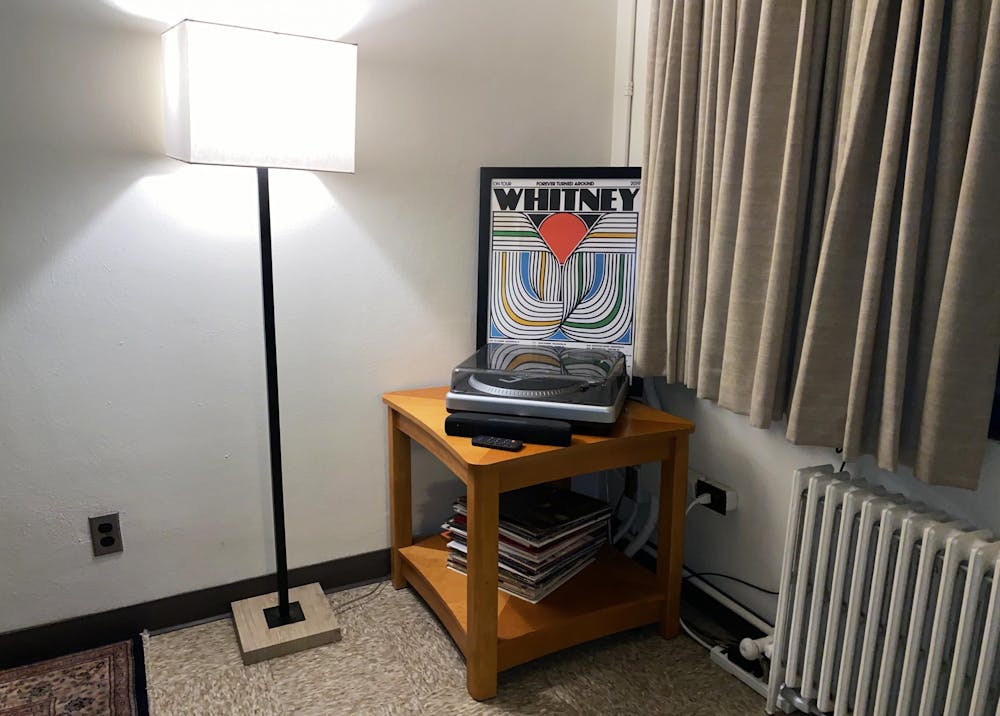I don't know who composed most of my favorite songs. It's a quick search away, and I have some educated guesses, but for the most part who composed them is irrelevant – it's all about who performed them.
That seems the norm in many genres of music – jazz, folk and even rock have a rich history of covers. The songs were shared and iterated upon over and over. But in the modern day, with copyright law and a growing incentive to monetize one's art, it looks like that aspect of music is dying.
The path of how we got here, where artists can be sued if their chord progression is similar or if lyrics are not cited, is a strange one. History would tell us that for European composers, it was the norm to have a composer's name front and center. Think "Beethoven's 5th." But for other cultures around the globe, such as Black folk, the music created was simply "negro spirituals." I don't mean to point out the contradiction to imply that popular Black artists were wrongfully miscredited. On the contrary, I point this out to show that ownership of a song wasn't so important to Black and folk music. Oftentimes, whoever was singing a song changed it to their own, notably in the style of call and response, or in the practice of sampling in hip-hop. Similar to the history of oral storytelling, songs evolved from person to person.
As jazz came to be in the late 19th century and continued well into the 20th, much of it was the artist's personal renditions of a given song. The very nature of jazz incentivized this, as improvisation was a core element, meaning players would play notes not written down. The rigidity of classical music was still there, as there was a composition they had to follow, but almost always there was a section of the piece reserved for improvisation.
That meant the melodies of the song were largely secondary to whoever happened to be playing it. It's why one of my favorite albums, John Coltrane's "My Favorite Things," is completely comprised of songs he didn't compose. Despite that, it's still undeniably Coltrane's music.
This kind of music tradition is in conflict with classical. Classical music was and still is very much centered around the composer. I can say "My Favorite Things" is a good song, and that could either mean Coltrane's version or the version from the film "The Sound of Music." In contrast, if I talk about "Beethoven's 5th," I'm talking about Beethoven's 5th symphony.
With both of these traditions influencing modern music, I wonder why strict ownership of music came to be the standard. The influence of capitalism on the arts can't be denied, with modern copyright law infamously crippling common jazz practices. Pair that with a music culture centered more on the celebrity, not the musicality, and you have a genre of music left to die.
But I'm still surprised to see that some of my favorite songs from recent times are actually covers.
It's rare, but every now and then there's a song that completely transforms from one artist to another. Nine Inch Nails' song "Hurt" was famously covered by Johnny Cash just months before his death, and this rendition of it had completely changed the meaning of the lyrics despite those lyrics not changing. Trent Reznor, the original composer of the song, went on to admit that the song basically isn't his anymore in an interview. Another example is Aretha Franklin's "Respect," which was originally from another acclaimed artist, Otis Redding. The song, though not originally from Franklin, became a feminist anthem that's still chanted today. Redding gave Franklin a similar sentiment to that of Reznor and Cash, and joked about it on stage when he decided to perform the song.
There are examples of this tradition still happening today, as rare as it is. Australian radio station "Triple J" features popular artists on their show "Like A Version" where they cover other artists' songs. There are a few hits that are heavily inspired from classic singles, like Cardi B's "I Like It." But the standard practice of taking another's song and making it your own is essentially over, and it's incredibly saddening to see. Though the lyrics or melodies or harmonies of a given song may not change from artist to artist, it's hard to deny that the artistry doesn't.




